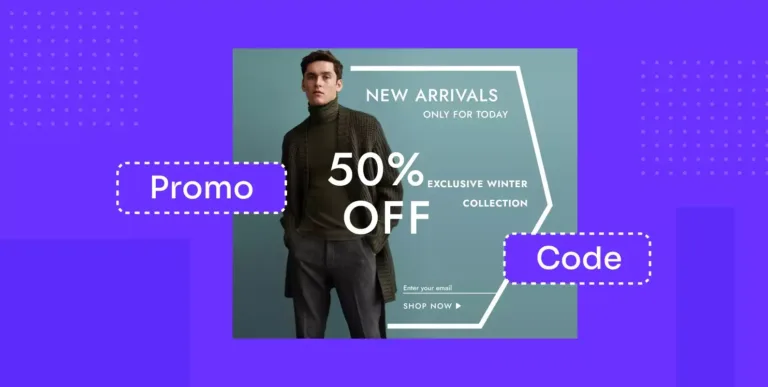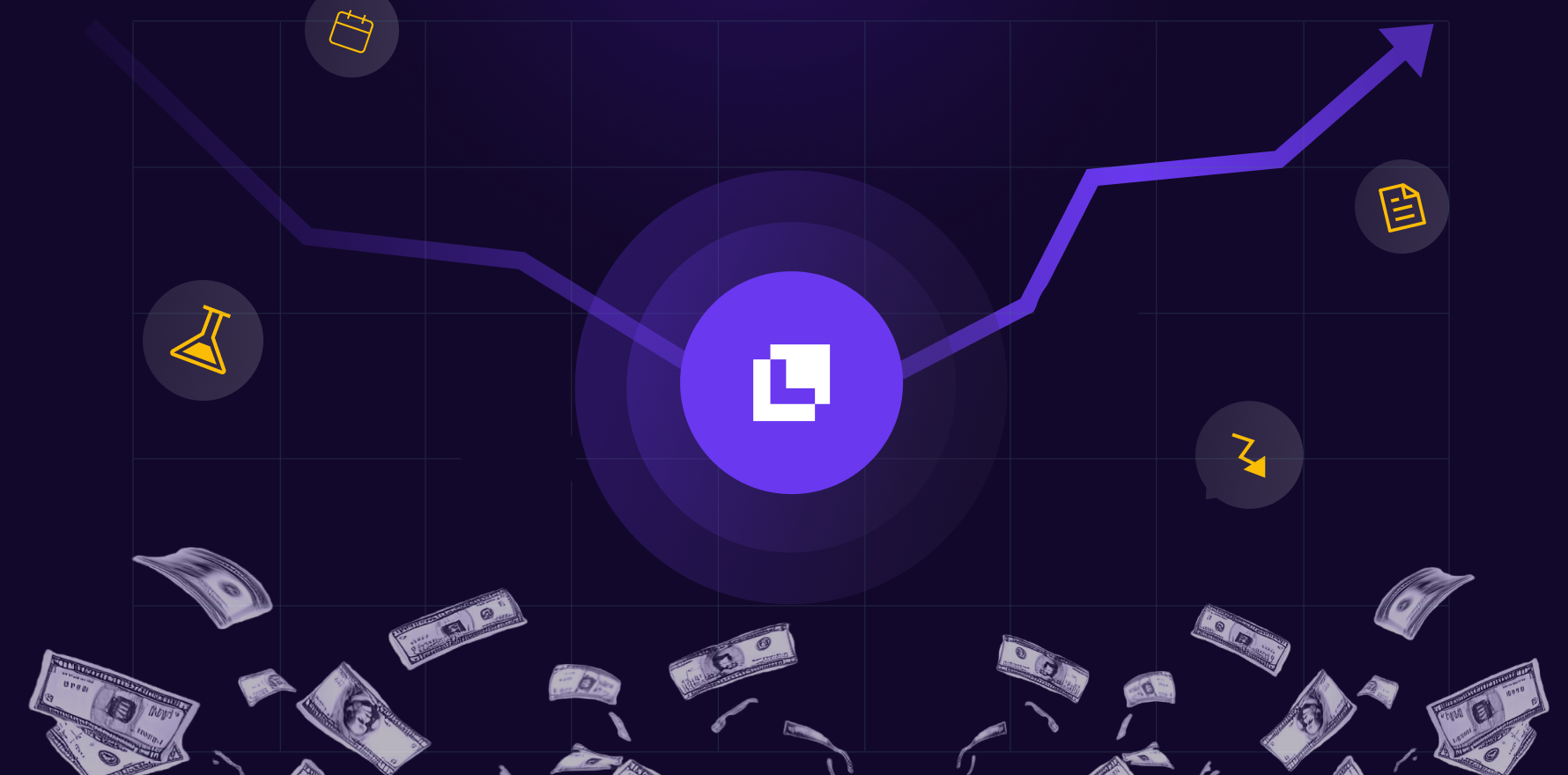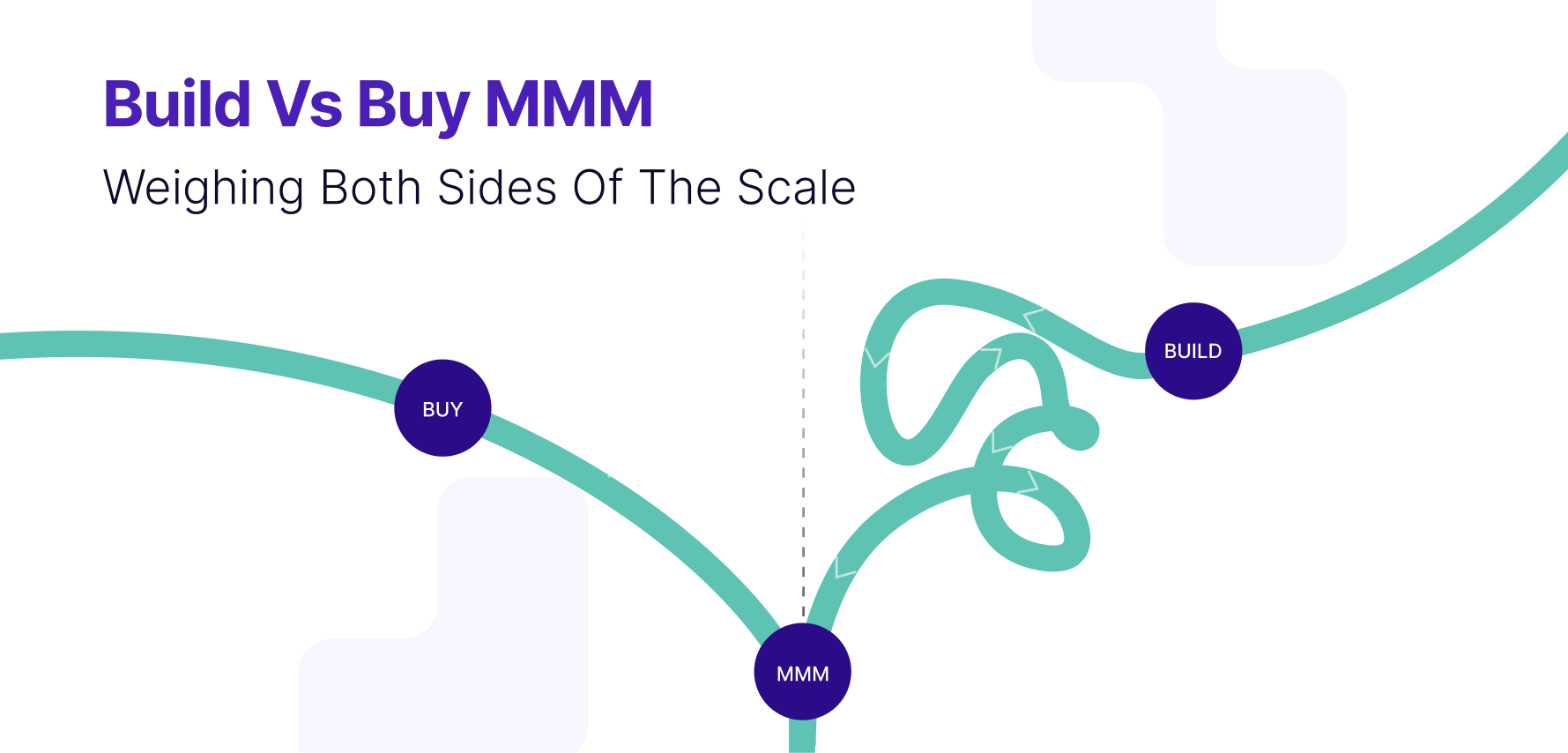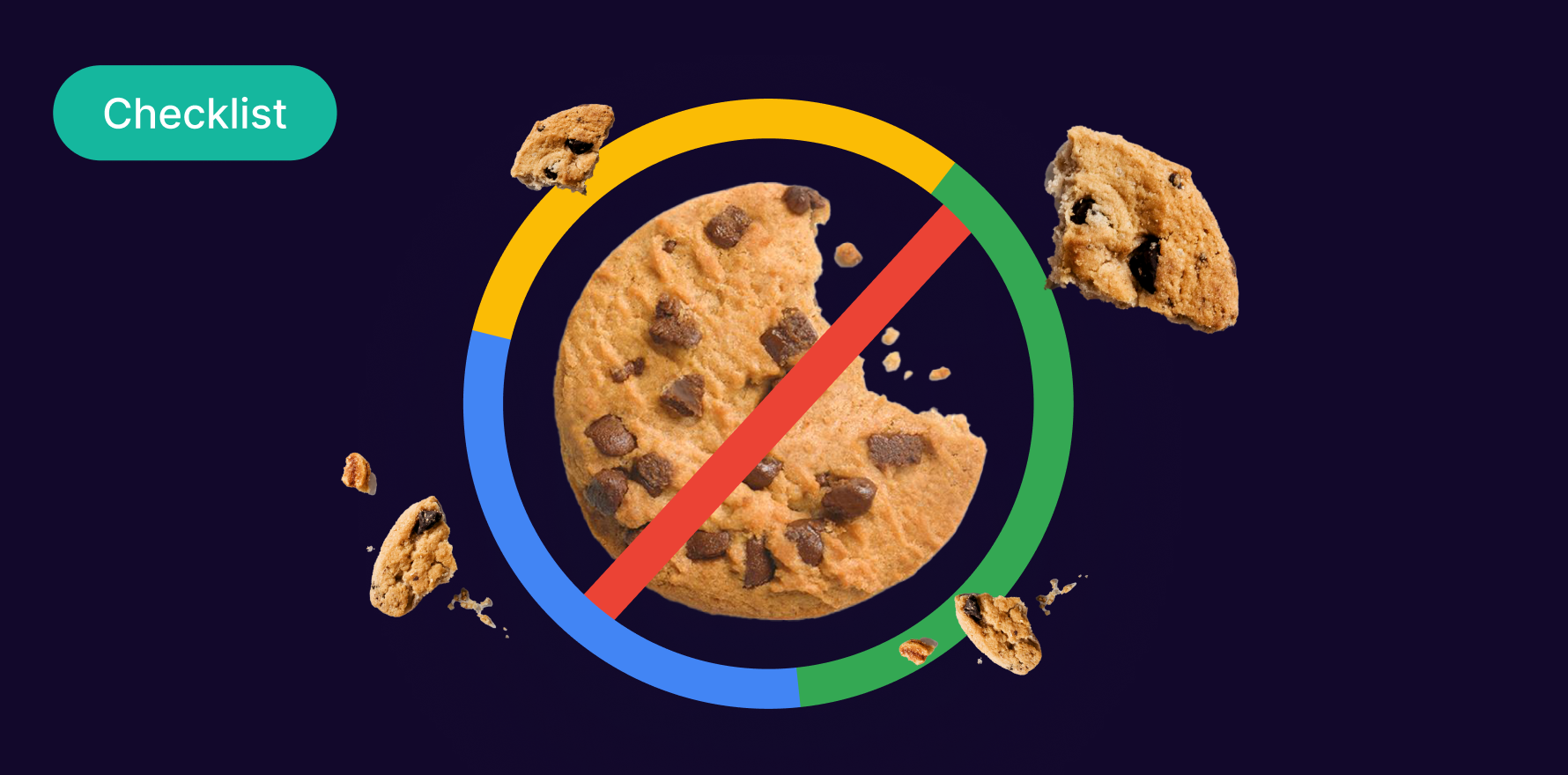Are you looking to boost your ecommerce sales and entice more customers to make a purchase? If so, you might want to consider using promo codes as part of your marketing strategy.
According to recent research, over 86% of customers say that promo codes influence their purchasing decisions. And that’s not all – ecommerce businesses that use promo codes experience an average of 30% increase in sales.
With numbers like these, it’s no surprise that promo codes have become a popular and effective way to drive revenue for online stores. But what makes a successful promo code campaign? In this blog post, we’ll explore some tips, examples, and best practices for creating ecommerce promo codes that can help take your sales to the next level.
What Are Ecommerce Promo Codes?
Ecommerce promo codes, also known as coupon codes, are digital or physical codes that customers can use to receive discounts or other benefits when shopping online.
Both online retailers and customers stand to benefit from ecommerce promo codes.
Retailers can use them as an affordable and effective means of drawing in new customers, while also providing existing ones with incentives to make purchases. Meanwhile, customers can enjoy savings on their purchases, making ecommerce promo codes a mutually beneficial arrangement.
Typically, ecommerce promo codes consist of a combination of letters, numbers, or symbols that customers enter during the checkout process on a retailer’s website. Depending on the offer, the discount may be a percentage of the total purchase price, a flat dollar amount of the purchase price, or free shipping.
Online retailers can also track promo codes used to assess the efficacy of their marketing approach and refine their strategies accordingly.
Types and examples of promo codes
1) Percentage discounts
These codes typically offer customers a percentage off their total purchase price, ranging anywhere from 5% to 50% or more.
For instance, a retailer might offer a promo code for 10% off all purchases over a certain dollar amount. This can encourage customers to make a purchase they may have otherwise hesitated on, as they feel they are receiving a good deal.
Percentage discounts can also help retailers move inventory that is not selling as well as anticipated or incentivize purchases of higher-priced items.
Chewy, an online pet store, has successfully utilized percentage discount promo codes in its marketing strategy. Chewy incentivizes purchases and encourages customers to return. Additionally, Chewy’s loyalty program rewards customers with promo codes for future purchases, further encouraging customer retention.
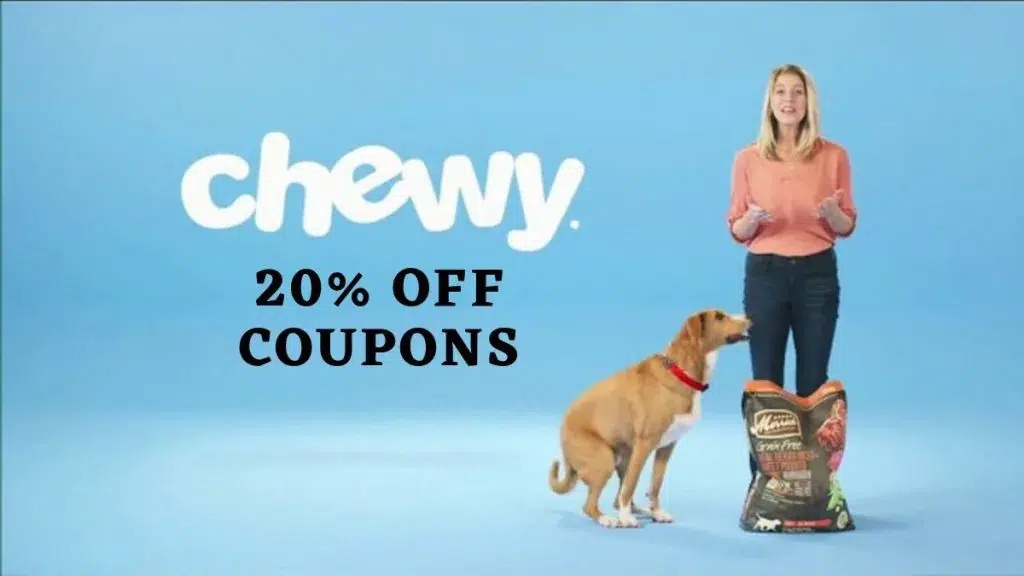
2) Fixed-amount discounts
Online retailers frequently use fixed-amount discounts as ecommerce promo codes. These codes provide customers with a specific amount of money off their total purchase price, such as $10 or $20. An example of this type of promo code might be $15 off a purchase of $50 or more.
Fixed-amount discounts can serve as a compelling incentive for customers who might have otherwise been reluctant to make a purchase or who are seeking a specific deal.
Additionally, retailers can use fixed-amount discounts to clear out inventory or drive sales of specific products. In general, fixed-amount discounts are a valuable marketing tool for ecommerce retailers, as they can encourage customers to make purchases and foster customer loyalty.
Wayfair, an online furniture and home decor retailer, frequently uses fixed-amount discounts as promo codes to offer customers savings. These discounts typically range from $10 to $100 off and are often targeted to specific products or categories.
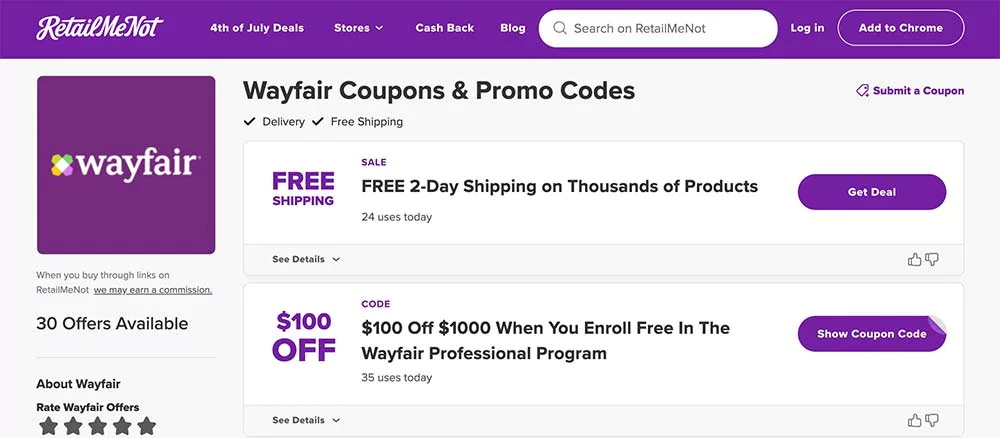
3) Free shipping
These codes eliminate the cost of shipping from the customer’s total purchase price, which can be a significant factor in their decision to complete the transaction.
Many customers are more likely to make a purchase if they do not have to pay for shipping, even if the cost of the product itself is higher. Free shipping can also be used to incentivize larger purchases, such as offering free shipping on orders over a certain dollar amount. Online retailers can also use free shipping codes as a reward for customer loyalty or to promote sales of specific products or categories.
Harry’s, an online men’s grooming retailer, offers free shipping on all orders over a certain amount. This incentivizes customers to purchase more products in a single order, which can increase average order value and help the company save on shipping costs.
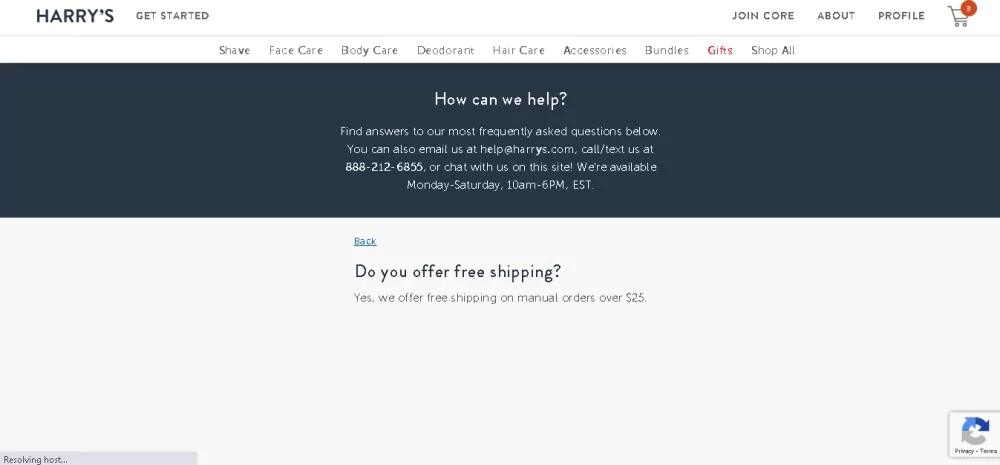
4) Buy One Get One Free
Buy One Get One Free (BOGO) is a popular type of ecommerce promo code that incentivizes customers to purchase multiple items from an online retailer. With BOGO deals, customers can receive a free item of equal or lesser value when they purchase one item at full price.
For example, an online clothing store may offer a BOGO deal on shirts, allowing customers to receive a free shirt when they purchase one at full price. This can be an effective way to drive sales and clear out inventory, as customers are more likely to purchase multiple items when there is a deal involved.
BOGO promo codes can also encourage customers to try new products that they may not have considered purchasing otherwise. Overall, BOGO deals can be a valuable marketing tool for ecommerce retailers looking to increase sales and customer engagement.
An example of a brand that uses BOGO is Famous Footwear. They frequently offer BOGO promotions on their website and in-store, allowing customers to buy one pair of shoes and get a second pair for half off.
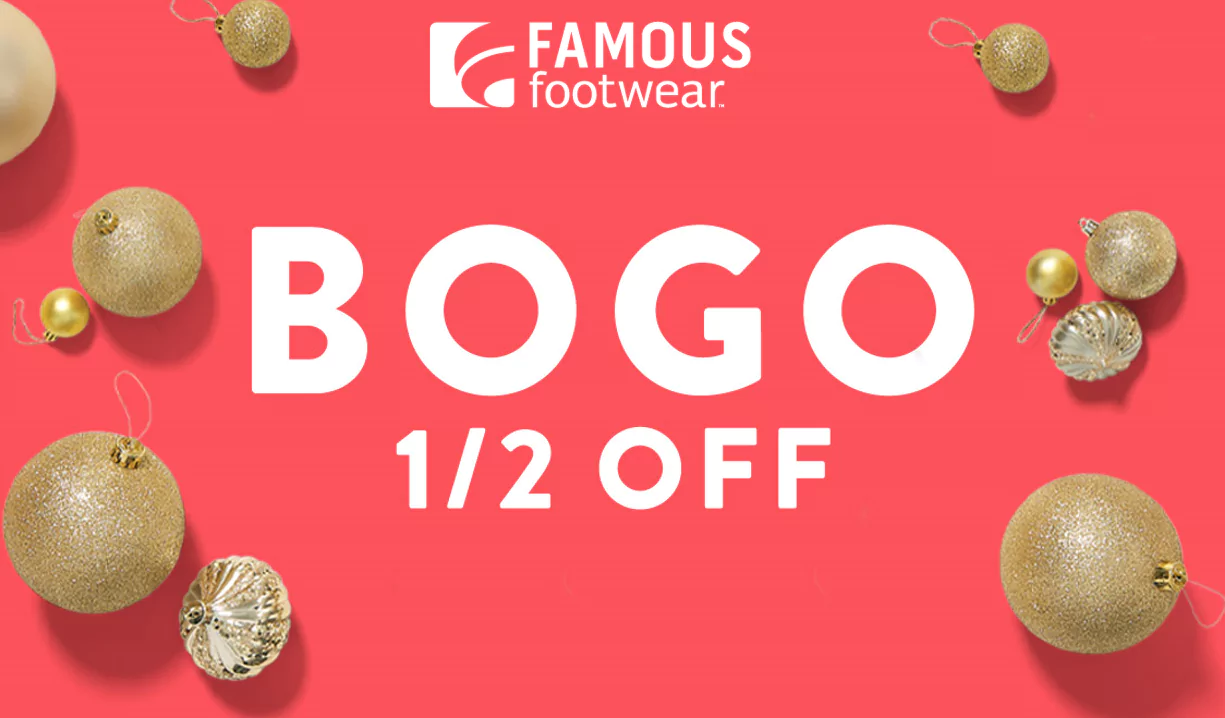
5) Gift With Purchase
This type of promo code provides customers with a free gift when they purchase a certain product or reach a certain spending threshold. For instance, a cosmetics retailer might offer a free makeup bag with the purchase of a specific beauty product or a minimum purchase amount. This encourages customers to add more items to their cart and increase their spending to receive the free gifts such as Classic Wall Art Canvas Prints or Photo Tiles.
Gift with Purchase promo codes can be highly effective in driving sales, especially for retailers with high-end or luxury products. They also provide a positive customer experience by giving them an extra reward for their purchase. Additionally, retailers can use this tactic to promote new or lesser-known products by offering them as free gifts.
Quip, an online store that sells oral care products, often uses gift-with-purchase promotions as a way to incentivize customers to buy their products. For example, they may offer free travel-sized toothpaste with the purchase of a full-size toothbrush.
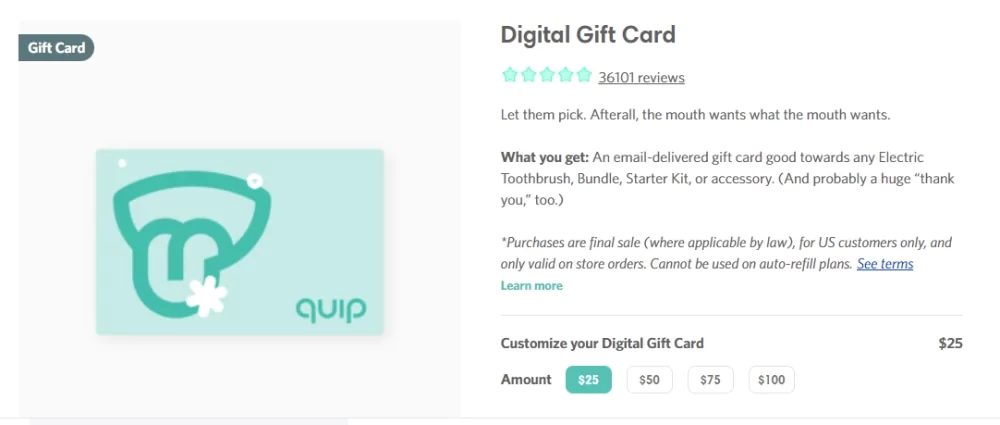
Tips To Create Effective Ecommerce Promo Codes
1) Set clear goals
Setting clear goals is an essential aspect of creating effective ecommerce promo codes. Before creating promo codes, retailers should define their goals and objectives, such as increasing sales, boosting customer engagement, or clearing out inventory.
This enables retailers to create targeted and effective promo codes that align with their overall business objectives. Additionally, clear goals help retailers measure the success of their promo code campaigns and adjust their strategies accordingly.
When setting goals for promo codes, retailers should also consider their target audience and the types of promo codes that would be most appealing to them. For example, offering percentage discounts may be more effective for price-conscious shoppers, while gift with purchase promo codes may be more appealing to customers looking for added value.
By aligning the goals of the ecommerce promo codes with the needs and interests of the target audience, retailers can create effective and impactful marketing campaigns that drive sales and customer loyalty.
2) Target-specific audience
When creating promo codes, it’s important to consider your target audience and tailor your promotions to their specific interests and needs. By doing so, you can increase the likelihood of your ecommerce promo codes being used and ultimately boost your sales.
One way to target specific audiences is to segment your email list or social media followers based on demographics, shopping behavior, or previous purchases. For example, if you run an online clothing store and have a segment of customers who frequently purchase activewear, you can create promo codes for discounts on your activewear products.
Another way to target specific audiences is to partner with influencers or bloggers who have a following in your niche market. By offering them exclusive promo codes to share with their audience, you can attract new customers who are interested in your products.
3) Choose the right discount amount
Choosing the right discount amount is crucial when it comes to ecommerce promo code tips for ecommerce retailers. The discount should be significant enough to entice customers to make a purchase, but not so large that it negatively impacts the company’s profits. It is important to consider the product’s value and the profit margin when determining the discount amount.
Additionally, offering different discount amounts for different purchase levels can encourage customers to spend more in order to receive a larger discount. For example, offering a $10 discount for purchases over $50 and a $20 discount for purchases over $100.
Another consideration when choosing the right discount amount is the competition. It is important to offer a discount that is comparable to or better than what competitors are offering in order to remain competitive.
By choosing the right discount amount, ecommerce retailers can create effective promo codes that encourage customers to make purchases while maintaining healthy profit margins.
4) Set expiration dates
Setting expiration dates is one of the best practices of ecommerce promo codes. An expiration date creates a sense of urgency for customers to make a purchase, which can lead to increased sales. It also creates a sense of exclusivity and can encourage customers to take advantage of the deal before it’s too late.
However, it’s important to strike a balance with the expiration date. If the date is too soon, customers may not have enough time to take advantage of the offer, while if it’s too far in the future, it may not create the desired urgency.
Therefore, retailers should carefully consider the ideal time frame for the promotion based on the product, target audience, and overall marketing goals. By setting expiration dates, retailers can create a sense of urgency, encourage customers to make purchases, and ultimately increase sales.
5) Limit the number of uses per customer
Limiting the number of uses per customer is a valuable tip for creating effective promo codes for ecommerce retailers. By restricting the number of times a customer can use a promo code, retailers can prevent abuse of the promotion and ensure that the discount is being offered to a wider range of customers. This strategy can also create a sense of urgency for customers, encouraging them to make a purchase sooner rather than later.
For example, a retailer might limit a promo code to one use per customer. This not only helps the retailer control costs associated with the promotion, but it also encourages customers to make a purchase while the offer is still available. Additionally, by limiting the number of uses per customer, retailers can prevent customers from sharing the code with others, ensuring that the promotion is only being used by intended recipients.
6) Test your promo code
Testing your promo code allows you to ensure that it is working correctly and offering the expected benefits to your customers. It also enables you to identify any potential issues that may arise during the promotion period, allowing you to address them before they become a problem.
To test your promo code, you should try it out yourself or with a small group of users before launching it to a wider audience. This will help you to ensure that the code is easy to use and that it provides the intended discount or other benefits.
It is also important to test the promo code across different devices and platforms to ensure that it works seamlessly for all users. Finally, tracking the performance of your promo code can provide valuable insights into its effectiveness, allowing you to make adjustments and optimize future promotions. By taking the time to test your promo code, you can increase the likelihood of a successful promotion and build stronger relationships with your customers.
Ecommerce promo code best practices
1) Use multiple channels
To maximize the impact of your promo codes, it’s crucial to promote them across multiple channels. Don’t limit yourself to just one platform or method of communication. Instead, utilize all available channels, including your website, email newsletter, social media accounts, and advertising campaigns.
By promoting your promo codes across various channels, you increase the chances of reaching a wider audience and capturing the attention of potential customers who may not have otherwise seen the promotion. It also allows you to tailor your message and approach to each channel’s unique audience, maximizing engagement and conversion.
However, it’s essential to ensure that your messaging is consistent across all channels and that customers can easily access and use the promo code, regardless of where they first encountered it. With a multi-channel approach, you can effectively increase your promo code’s visibility and drive more conversions.
2) Create urgency
Creating a sense of urgency is an effective way to encourage customers to take action before your promo code expires. Phrases like “limited time offer” or “while supplies last” can create a sense of urgency that drives customers to act quickly.
By emphasizing that the promotion is only available for a limited time or while supplies last, customers are more likely to feel a sense of urgency to take advantage of the offer before it’s too late. This can help increase the number of conversions during the promotion period.
3) Highlight the value
To effectively promote your promo code, it’s crucial to communicate its value clearly to potential customers. This can be done by highlighting the specific benefits of the promo code, such as the percentage or dollar amount of the discount, or the specific product or service it applies to.
By clearly communicating the value of the promo code, customers can easily understand how the promotion benefits them and can make informed decisions about whether to take advantage of the offer.
Make sure to highlight the value of the promotion prominently and clearly across all promotional channels to increase visibility and encourage conversions. A well-communicated value proposition can help customers see the benefits of your promo code and increase the likelihood of conversion.
4) Make it easy to redeem
To ensure that your ecommerce promo ideas run the best, it’s important to make it easy for customers to redeem. This can be achieved by providing clear instructions on how to redeem the promo code and ensuring that the process is simple and straightforward.
Customers may abandon their purchases if they encounter confusion or frustration during the redemption process. To prevent this, provide step-by-step instructions that are easy to follow and prominently display the promo code field during the checkout process.
5) Personalize the offer
Personalizing your ecommerce promo code offer is an effective way to increase its impact. By using customer data, you can tailor the offer to each individual customer, making it more relevant and enticing. For instance, you can provide a promo code for a product or category that the customer has previously shown interest in, or offer a discount on their next purchase after they have made their first one.
By personalizing the offer, you show customers that you understand their preferences and value their business. This can increase engagement and drive more conversions. Make sure to leverage customer data effectively and use it to create personalized offers that resonate with your audience.
6) Test and optimize
To maximize the efficiency of your ecommerce promo code promotions, it’s important to continually test and optimize them. This can be achieved by utilizing analytics tools to track conversion rates and other relevant metrics, allowing you to gain insights into what is and isn’t working. Based on these findings, adjust your promo code strategy accordingly to ensure it’s as effective as possible.
By continually analyzing and optimizing your promotions, you’ll be able to identify areas for improvement and refine your approach to drive better results. Ultimately, this will help you achieve your goals and boost your bottom line.
You may also like
Essential resources for your success
